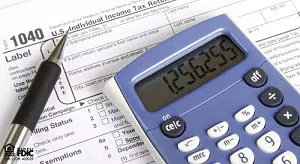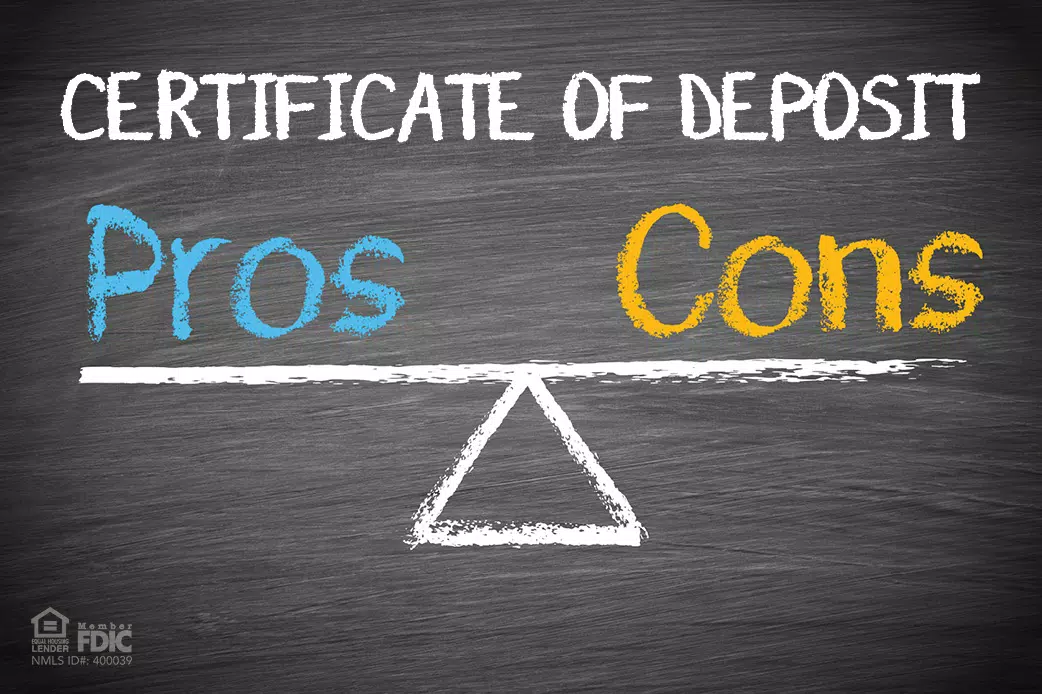Tax season is here, and there’s nothing more fun than gathering all the W-2s, 1099’s, receipts, and deductions you need to submit to the IRS. One source of income you receive that you may forget taxes are paid on is the interest you’ve earned from deposits in savings accounts.
Even though your bank or credit union may call the income you receive from your savings account a share or a dividend, the IRS still considers it income, and taxes must be paid on it. Your financial institution should send you a 1099-INT sometime after the beginning of the new year, which details the interest you received on the savings account you hold with that bank. The minimum interest dividend received that can be taxed on is $10. The amount of taxes you pay or the rate you pay depends on what tax bracket you fall into. The bracket rates vary from 10% to 39.6%, depending on your income. The types of earned interest accounts or products that you pay taxes on include:
- Bank accounts, including interest-bearing checking accounts and savings accounts
- Certificates of deposit
- Money market accounts
- Savings bonds
- Shared accounts with a credit union
- Corporate bonds
- Insurance dividends that are deposited
- T-Bills, bonds and notes
- More than $600 interest paid to you by a business
However, there are ways to save money without paying taxes. Money invested in a Roth IRA is taxed before it is deposited into the account, so when the money is withdrawn for retirement, taxes will not have to be paid. The interest earned over the term is not taxed, either. There are penalties for early withdrawal, however.
Investing in municipal bonds (or “munis”) can also allow you to purchase an interest-bearing product without paying taxes. Because interest rates are relatively low, this low-risk investment allows people to invest in local government projects while reducing their tax burden.
For more information on choosing the best savings account for you, contact the experts at NASB at 855-338-0915 or click here.
This blog is not intended to and does not constitute legal advice or financial / investment / tax advice. North American Savings Bank does not make any guarantee or other promise as to the results obtained. The consumer should consult a tax adviser for further information regarding the deductibility of interest and charges.




